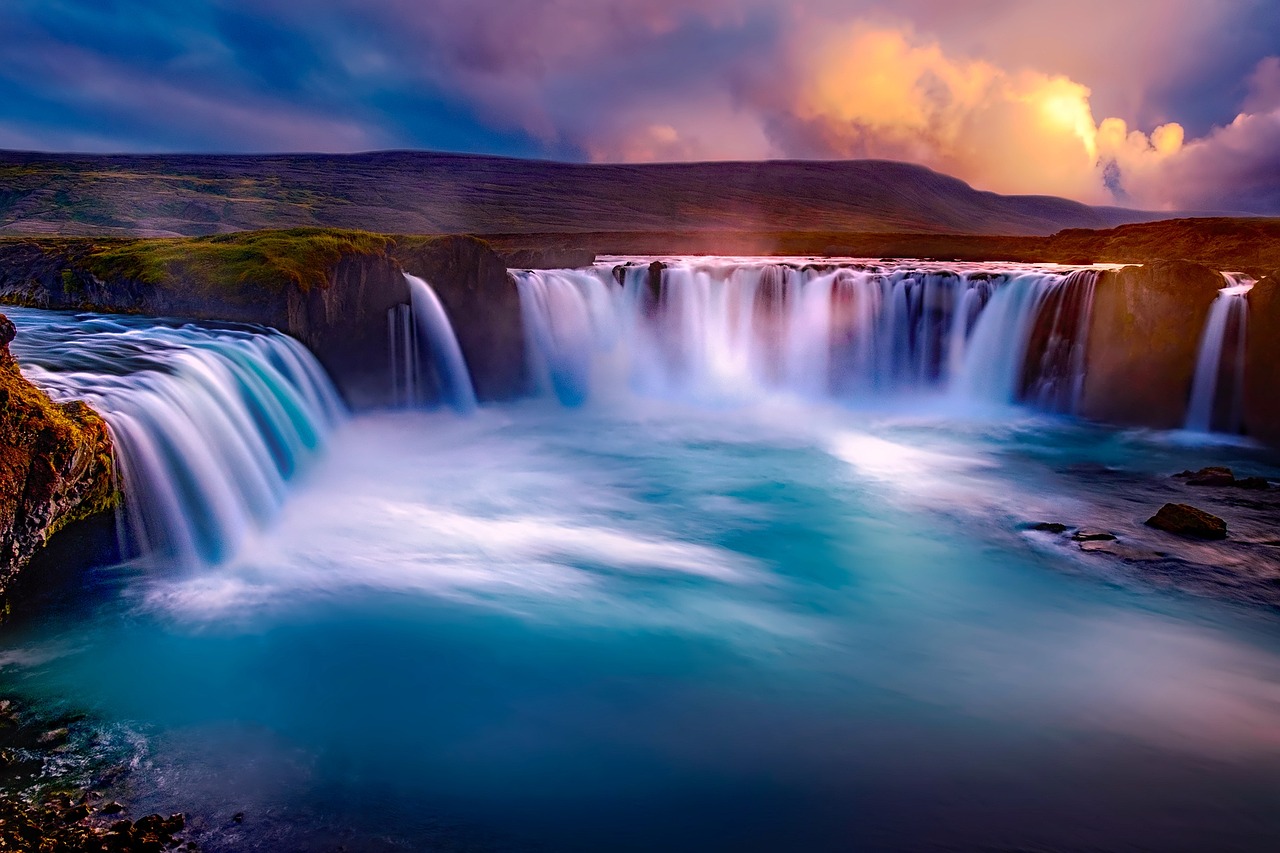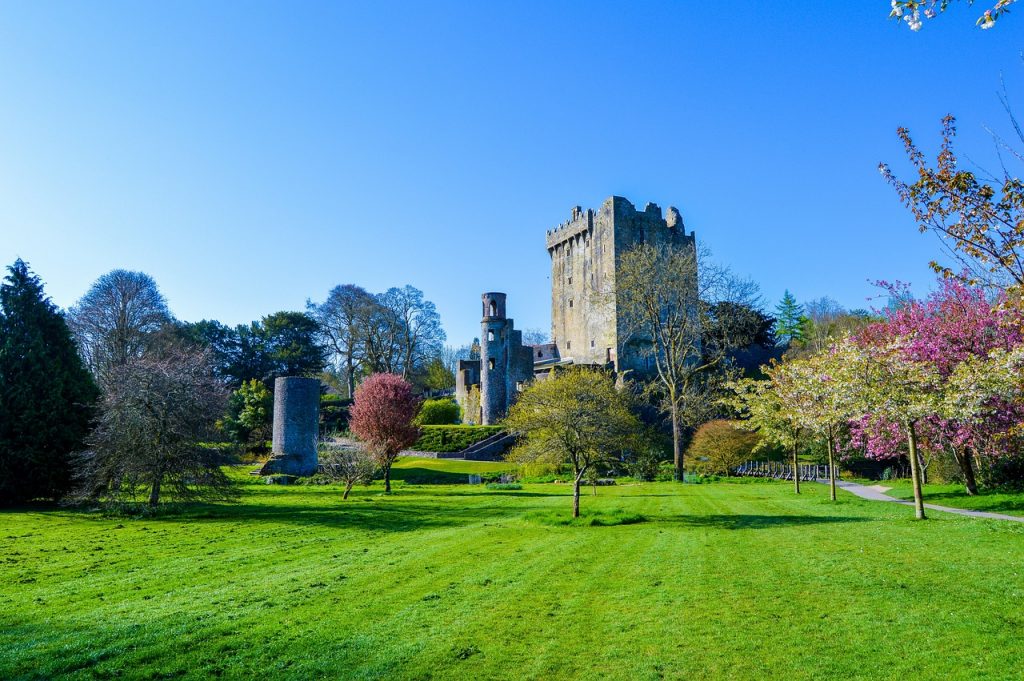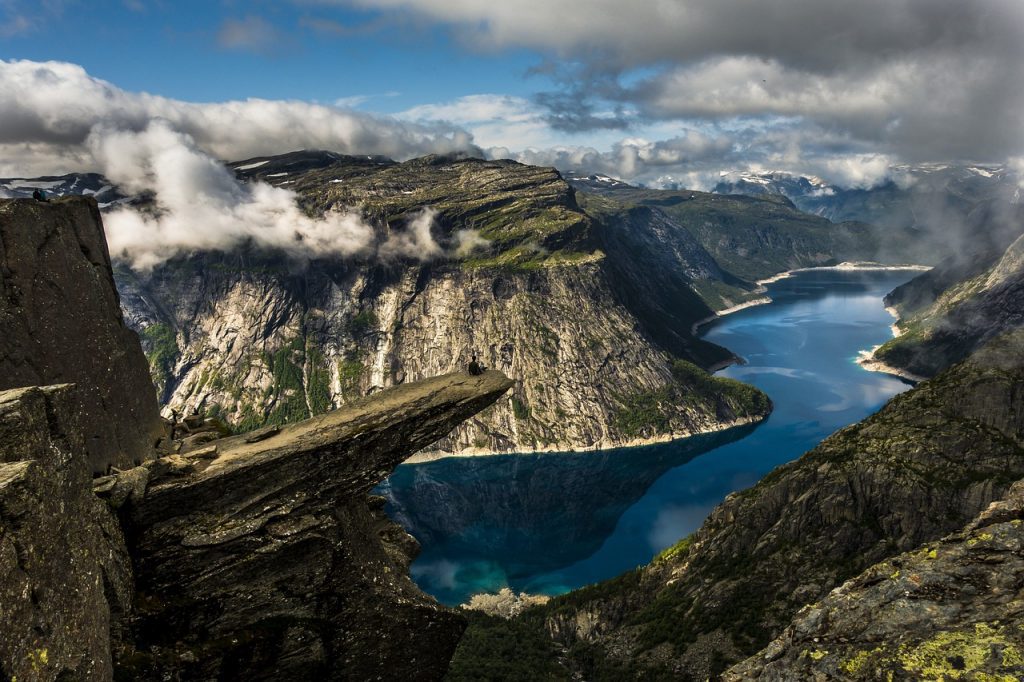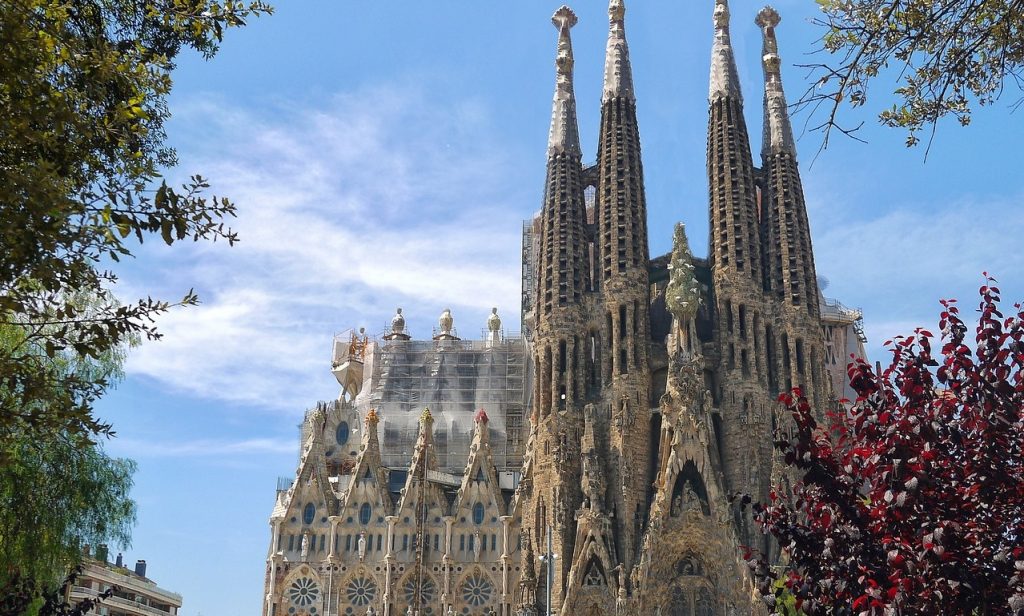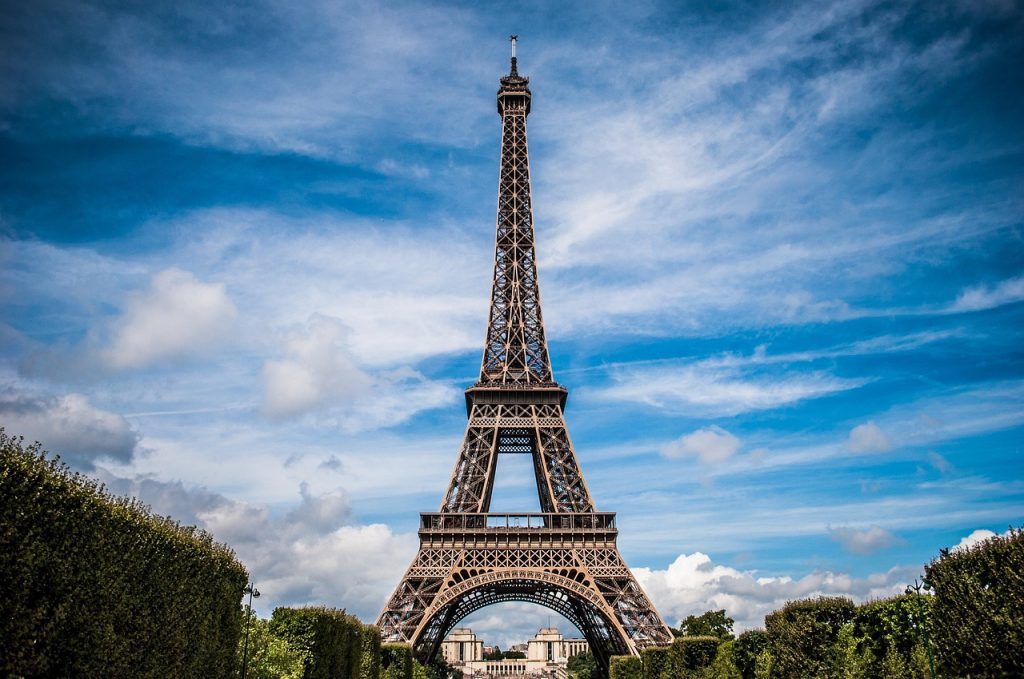Iceland is a land of stark contrasts and untamed beauty. The country beckons adventurers with its surreal landscapes and otherworldly charm. The best time to visit Iceland is contingent first off on your preferences, however, as you plan your journey to this Nordic wonderland, the timing of your visit becomes pivotal.
Beyond the typical tourist considerations, such as weather and crowds, Iceland’s unique cultural experiences, wilderness encounters, and captivating sightseeing opportunities vary across the seasons. Here’s your guide to choosing the perfect time to uncover the secrets of this land of fire and ice.
Visiting Iceland based on the Weather
Iceland’s weather is as unpredictable as it is captivating, with varying conditions throughout the year. The summer months of June to August offer the mildest temperatures, ranging from 50-60°F (10-20°C). This period is often referred to as the “high season,” when daylight is abundant, and the landscape blooms with vibrant colors.
Winter (December to February) showcases Iceland’s ethereal winter wonderland, but temperatures can plummet to 20°F (-6°C) or lower. This season can be challenging for those unaccustomed to icy conditions and limited daylight. However, it can also be captivating for those who appreciate the winter landscapes.
Visiting Iceland based on the Crowds
The primary tourist season is certainly the summer months of June through August and this time period accounts from the greatest number of tourists. However, for a quieter Icelandic adventure, consider visiting during the shoulder seasons of spring and fall.
The shoulder months of May and September offer a balance between fewer crowds and more manageable weather conditions, allowing you to savor the country’s beauty without the bustling throngs.
Discovering Iceland’s Cultural Experiences
Iceland’s cultural scene comes alive during the summer months. Attending the Reykjavik Arts Festival in May offers a chance to immerse yourself in the country’s vibrant arts scene. From theater performances to visual arts exhibitions, this festival showcases Iceland’s creative spirit.
Iceland hosts a range of annual cultural events that celebrate its rich heritage and artistic spirit. Here are 9 of the most iconic cultural events that take place throughout the year:
- Reykjavik Arts Festival – May: The Reykjavik Arts Festival, typically held in May, showcases Iceland’s vibrant arts scene. This multidisciplinary festival features a variety of performances, exhibitions, and events, ranging from music and dance to visual arts and theater.
- Secret Solstice Festival – June: Held during the summer solstice in June, the Secret Solstice Festival is a music extravaganza that celebrates the midnight sun. International and local artists come together to perform against the backdrop of Iceland’s stunning landscapes.
- Icelandic Literature Day – April 23: Icelandic Literature Day, celebrated on April 23, is a homage to the country’s rich literary history. On this day, bookstores give away free books to encourage reading, and literary events take place across the country.
- Iceland Airwaves Music Festival – November: The Iceland Airwaves Music Festival, held in November, showcases a wide range of local and international musical talents. The festival turns Reykjavik into a musical hub, with performances in venues across the city.
- Thorrablot – January/February: Thorrablot, celebrated in the months of January and February, is a traditional Icelandic midwinter festival. It involves feasting on traditional foods, such as fermented shark and dried fish, while embracing the country’s cultural heritage.
- Reykjavik International Film Festival – September/October: The Reykjavik International Film Festival, usually held in September or October, screens a diverse selection of films from around the world. It provides a platform for emerging filmmakers and celebrates cinematic creativity.
- Verslunarmannahelgi – August: Verslunarmannahelgi, held in August, is a popular national holiday that marks the beginning of the summer vacation season. Locals celebrate with outdoor concerts, festivals, and gatherings across the country.
- Independence Day (National Day) – June 17: Iceland’s National Day, celebrated on June 17, marks the country’s independence from Denmark. Festivities include parades, concerts, and various cultural events that showcase Iceland’s national pride.
- Icelandic Folk Music Festival – July: The Icelandic Folk Music Festival, taking place in July, celebrates the country’s folk music heritage. Musicians from across Iceland gather to perform traditional songs, showcasing the cultural roots of the nation.
These iconic cultural events offer a window into Iceland’s artistic and cultural fabric, allowing visitors to immerse themselves in the nation’s vibrant traditions and contemporary creativity. Planning your visit around these events ensures an enriching experience that captures the essence of Iceland’s unique cultural identity.
Exploring Iceland’s Wilderness & Nature Experiences
To truly experience Iceland’s wild heart, consider traveling in the shoulder seasons. These months provide the opportunity to witness the breathtaking transition from winter’s icy grasp to summer’s awakening. Hike through snow-covered landscapes in May or witness the midnight sun’s magic in June.
Sightseeing Activities: Engage in sightseeing activities that are unique to specific times of the year:
- Whale Watching (June to August): The summer months offer prime conditions for spotting majestic whales off Iceland’s shores. Embark on a whale-watching tour for an unforgettable encounter with these gentle giants.
- Northern Lights Hunting (September to March): Seek out the mesmerizing dance of the Northern Lights during the darker months. The ethereal display of colors in the winter sky is a sight to behold.
- Icelandic Horse Roundups (September): In September, witness the annual tradition of rounding up Icelandic horses from their summer pastures. This cultural event provides insight into Iceland’s rural heritage and equestrian traditions.
- Summer Solstice (June): Experience the magic of the midnight sun during the summer solstice in June. Iceland’s northern location offers an extended period of daylight, perfect for exploring the countryside at any hour.
Conclusion: As you ponder the best time to visit Iceland, consider the blend of weather and crowd dynamics that each season brings. Whether you’re captivated by the allure of the midnight sun or the enchantment of the Northern Lights, Iceland’s ever-changing landscapes promise an unforgettable journey.
By aligning your visit with the experiences you desire, you’ll uncover the true essence of this land of fire and ice, leaving you with memories that will linger long after your adventure has concluded.
Photo Credits:
Image by David Mark

